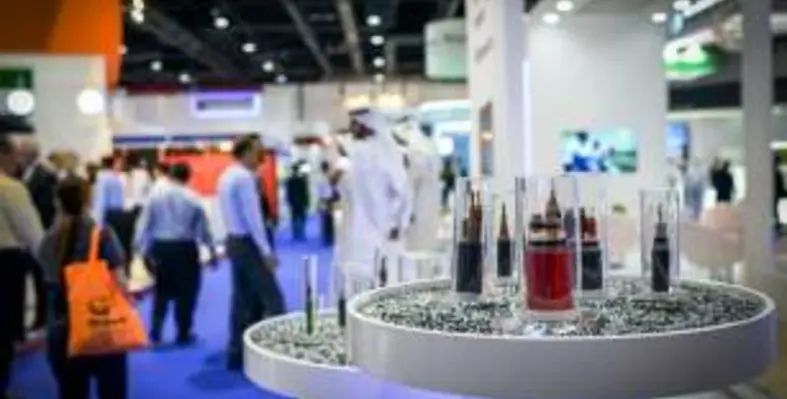The recent ?GCC Power Market? report published by Ventures Onsite, on behalf of Middle East Electricity (MEE), forecasts GCC power construction contractor awards to increase from US$22.38bn in 2016 to US$25.52bn in 2017
Saudi Arabia is expected to register the highest contractor awards in 2017, at around US$12.35bn, an increase of over 50 per cent from its 2016 awards. Elsewhere in the GCC, the report predicts the value of power construction contract awards will also significantly increase in Bahrain, Kuwait and Oman. The GCC countries are also set to invest US$252bn over the next five years in projects for setting up new power production plants, distribution systems, and supply grids.
The GCC currently represents 47 per cent, or 148 GW, of the current MENA power-generating capacity, according to the Arab Petroleum Investments Corporation. Recent years have seen a steady rise in levels of energy demand in the GCC due to factors such as population growth, urbanisation, improvement in income levels, industrialisation, and low electricity prices. This trend looks set to continue in the coming years.
In order to meet this demand, the GCC power capacity needs to expand at an average annual pace of eight per cent between 2016 and 2020. This will require US$85bn for the addition of 69 GW of generating capacity and another US$52bn for transmission and distribution over the next five years. This is accompanied by reforms to the structure of the electricity market, which are gradually picking up throughout the GCC. The governments have increased water, electricity and fuel prices to ease the burden on state budgets, which are part of a broader programme that aims to liberalise domestic energy prices over the medium-term. Recently, there has also been a pressing need for a shift towards smart power grids, as smart grids can reduce the stress on the grid, defer the investments for upgrades, improve the power system efficiency, and reduce emissions.
To support this growth phase, the organisers of MEE have, for the first time ever, created a Consultants Arena, which will see engineering consultants discuss key concepts and regulations such as projects management tools and the UAE?s green guidelines and regulations.
Currently, GCC government organisations and businesses are also witnessing the benefits of renewables as a cost-effective and reliable power source. The GCC countries have all targeted that 10 per cent of the power production comes from renewable sources of energy by 2020 and are rapidly moving towards realising this target. The key to renewable energy development in the GCC region is solar power, as it is the single most abundant renewable source of energy available.
The topography of the region gives it immense solar energy potential throughout the year and benefits the space to develop large solar power plants. Almost 85 to 90 per cent of the money spent on renewable energy development is for solar energy. The UAE, Saudi Arabia and Kuwait are the biggest solar markets in the MENA region.
Middle East Electricity 2017 and Solar Middle East 2017, hosted by the UAE Ministry of Energy, will be taking place February 14-16 at the Dubai World Trade Centre.








